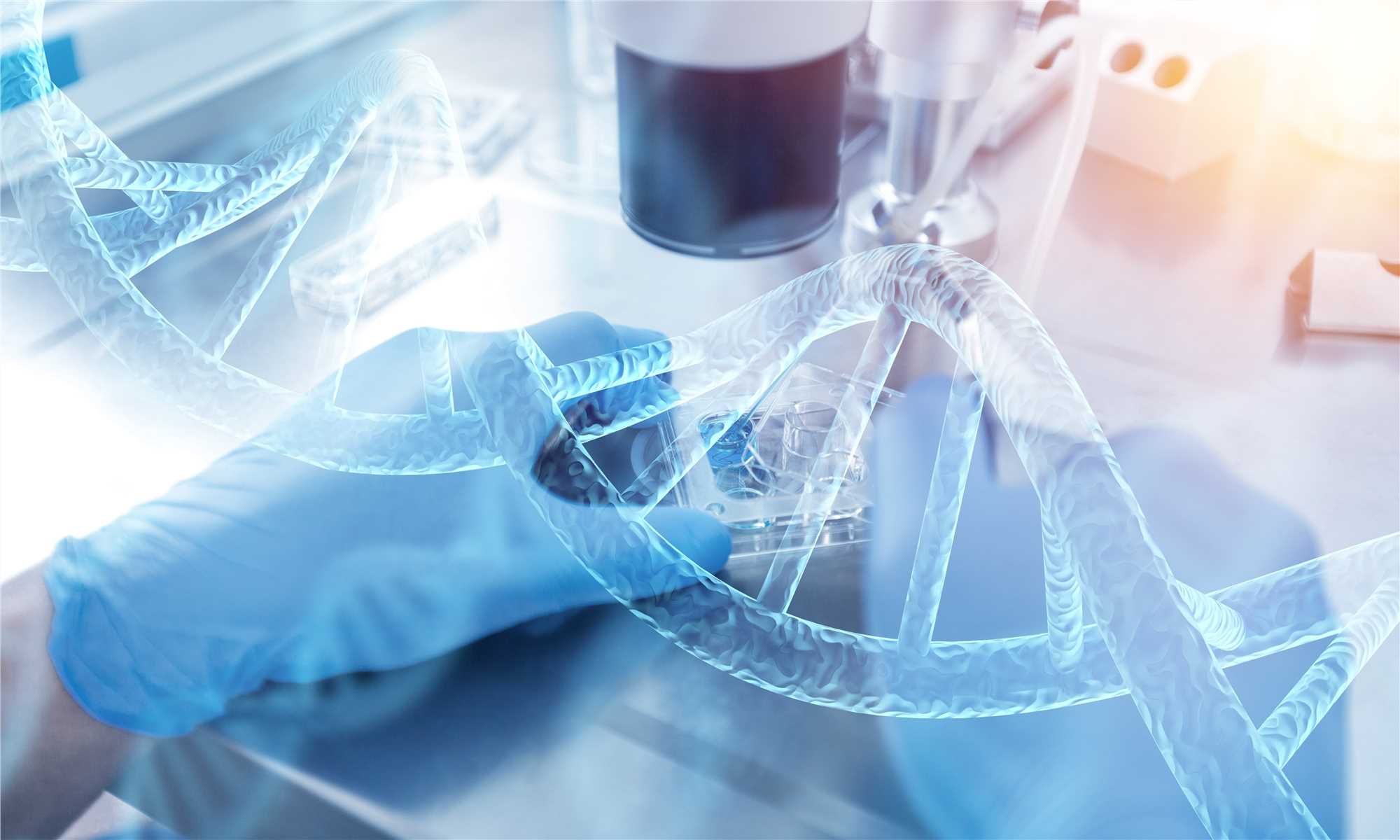In Vitro Genotoxicity Study
As a leader and expert in the field of drug discovery and development, Creative Biolabs is able to provide state-of-art technologies to meet any requirements of our customers. We have successfully completed a series of challenges in the past years. In particular, we have established an advanced genotoxicity study platform which enables us to offer a series of high-quality service for the safety assessment of candidate drugs.
The Introduction to Genotoxicity Study

Genotoxicity study has been regarded as an important detection for evaluating the ability of potential drugs or test articles to cause genetic damage or genetic mutation. Pilot studies have demonstrated that genotoxicity is associated with a series of side effects and can cause various inherited diseases. Moreover, recently researchers have revealed that genotoxicity can induce DNA structural modification and DNA dysfunction, which may be one of the main causes of tumorigenesis. In general, the genotoxicity study aims to detect the various mechanism of drug caused genetic damage. In a genotoxicity test, a comprehensive assay will be used for measuring the genetic mutations or DNA damage at different levels, ranging from DNA structural analysis to chromosomal analysis. Currently, the genotoxicity study has been approved and widely used as a standard procedure to assess the safety of a novel drug before clinical trials. As a result, a wide variety of genotoxicity tests have been developed for studying the toxicity and safety of lead compounds in the process of drug discovery.
Our Services of Genotoxicity Study
Recent studies have revealed that genotoxicity test can be used as a powerful tool to estimate the safety of a number of candidate drugs. Creative Biolabs has generated, modified and regulated of many advanced technologies to meet the requirement of genotoxicity study. On this basis, we have developed a panel of assays for assessing the capability and toxicity of different types of new drugs, including but not limited to:
- Ames Test
Ames test, also known as bacterial reverse mutation test, is a detection assay that commonly used for evaluating the mutagenic damage of new chemicals or drugs.
- In Vitro Chromosomal Analysis
Chromosomal analysis platform can be applied in detecting chromosomal abnormalities caused by candidate drugs in different conditions, such as in peripheral blood, cultured cells as well as other cell lines.
- In Vitro SCGE Assay (Single-cell gel electrophoresis)
SCEG assay, also known as single-cell gel electrophoresis or comet assay, is a detection system that can rapidly detect the gene alterations or damage in a single cell. It is a promising high-throughput screening method that distinguishes between chromosomal damage caused by genotoxicity and cytotoxicity and, most importantly, is part of the in vitro and in vivo assays required for regulatory submissions.
As one of the top CRO company in the field of drug discovery and development for certain disease, Creative Biolabs has focused on safety pharmacology studies for years and has successfully accomplished numerous challenging projects in this field. Equipped with deep knowledge and experience in genotoxicity study, we can offer high-quality compound safety evaluation and custom services for our clients. If you are interested in our services, please contact us or send us an inquiry.
For Research Use Only.
